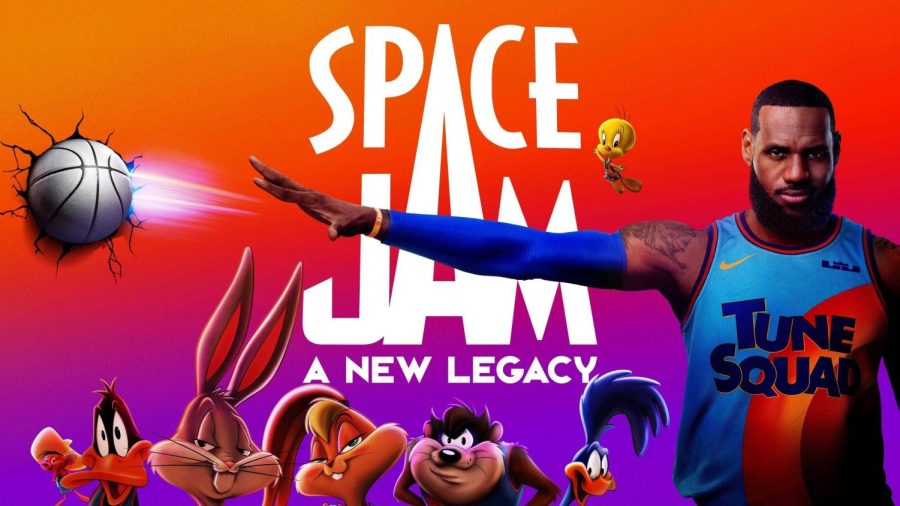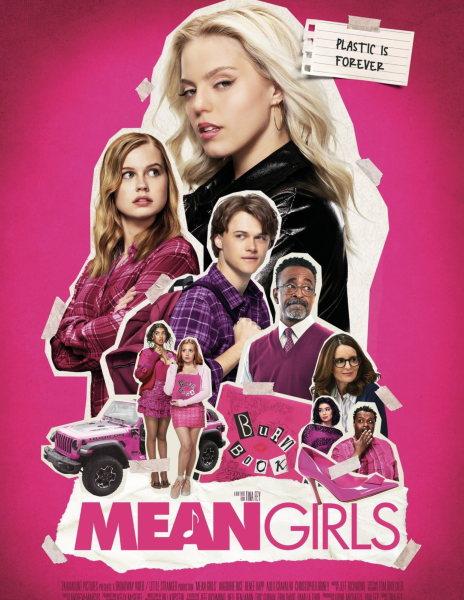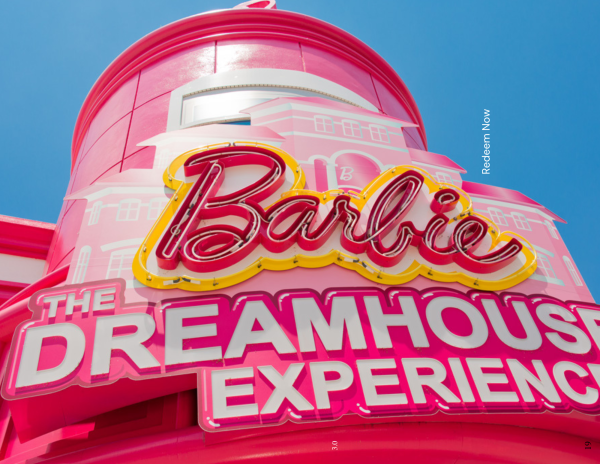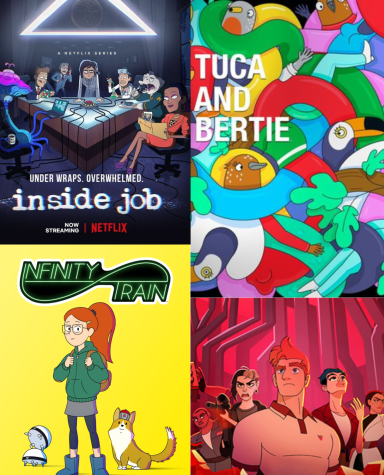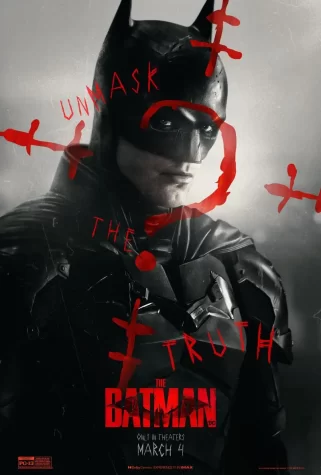Nostalgia: The Good, The Bad, and The Ugly – Can Fan-Service Be Done Right?
Warner Bros. Entertainment Inc.
A Poster for Space Jam: A New Legacy
Nostalgia is a word that’s often tossed around, regarding the current film industry, and rightfully so. For the past decade, Hollywood has been spewing out reboots or remakes of the beloved movies that left a big impact on the world and pop culture. At first, it was an interesting concept: taking the old and renewing it for the younger generations to come. Not only does rebooting a movie bring back the sweet memories for the folks who grew up watching, but it gives screenwriters the opportunity to tell a new and interesting story with the given material.
One popular example is Spider-Man and his development over the years. In 2001, Tobey Maguire brought the lovable web-head to life, forming the superhero genre to what it is today. In 2010, Andrew Garfield put the red suit on and told a story that’s significantly different and just as interesting as before. Now, we have Tom Holland, who’s highly considered the best Spider-Man yet because of his heartfelt and vibrant take on the character.
Another example is Jurassic World, a continuation of the classic trilogy that felt refreshing and less of a complete do-over. Rebooting a movie helps immortalize the stories and its characters, and it’s a clever way to increase box office numbers. That is why they are so successful. However, not all reboots are success stories like Spider-Man or Jurassic World.
The biggest criticism against reboots or remakes in general is that Hollywood’s losing their originality by bringing back their previous successes, which leads to less authenticity—one recent example being Space Jam: A New Legacy. Another criticism is that Hollywood is trying too hard by suddenly giving every movie a dark tone and a story that has little to no substance like The Incredible Hulk or Fantastic Four (2015). But the biggest criticism of it all is that reboots only rely on nostalgia to make money rather than tell an authentic story. Star Wars is a perfect example. Nothing could be more controversial in the movie world than people choosing whether or not a certain trilogy reigns supreme.
While the recent Star Wars movies weren’t necessarily reboots, they might as well be, considering how the overarching story of the sequel trilogy is almost the exact same as the original trilogy. However, the parallels weren’t the issue with diehard Star Wars fans. The main reason why the sequel trilogy was low rated was because it’s nothing but an empty rehash that only relied on nostalgia and didn’t even try telling a solid story with a satisfying ending. That is evident by how inconsistent the narrative was because it was constantly blurred by the forced fan-service for the sake of reminding the audience that they’re watching a Star Wars movie.
That doesn’t mean that all fan-service is bad. If done right, fan-service can make a movie great, but what does that mean? How can fan-service be done right? One movie that perfectly answers this question is Spider-Man: No Way Home. As of today, Spider-Man: No Way Home is the highest grossing movie in 2021, making $1.53 Billion worldwide. This movie includes nostalgic elements from all the previous Spider-Man movies, such as returning characters like Willem Dafoe’s Green Goblin and Jamie Fox’s Electro, so that’s a fast way to get a billion dollars. But with all that nostalgia and fan-service, the movie could just be like an elaborate fanfiction and end up as the biggest disappointment to all Spider-Man fans alike.
Thankfully, that didn’t become the case. Spider-Man: No Way Home is a movie that not only respects the legacies of all the Spider-Men so far, but it does fan-service right by not letting the nostalgic elements get in the way of telling a meaningful story about Peter Parker and what it really means to be Spider-Man. The returning characters weren’t used as nostalgia tokens. Instead, they were depicted as real characters with real stories behind them. The movie didn’t spend time telling the audience that they’re watching the biggest Spider-Man movie of all time because it knows who’s sitting in the theater. The movie knows that the people watching have grown up watching Spider-Man from Tobey to Andrew to Tom, and the fan-service moments were used to further develop the story and give closure to some of the characters and the fans. Spider-Man: No Way Home gave the audience what they wanted because they get to feel nostalgic and not have a bad experience at the same time.
Nostalgia is easy money in the eyes of Hollywood because it plays on the emotions of the audience by bringing back a character they grew up with. While it is clever marketing, reboots aren’t automatically masterpieces because they mostly rely on fan-service to please the people watching. However, that doesn’t mean that using fan-service is always a bad thing, and it doesn’t mean that all reboots are horrible. Fan-service can be effective if done right, and movies like Spider-Man: No Way Home and Jurassic World do it perfectly because its fan-service has a purpose. Nostalgia can make a meaningful narrative if it doesn’t blur the focus by constantly pandering to the audience.



